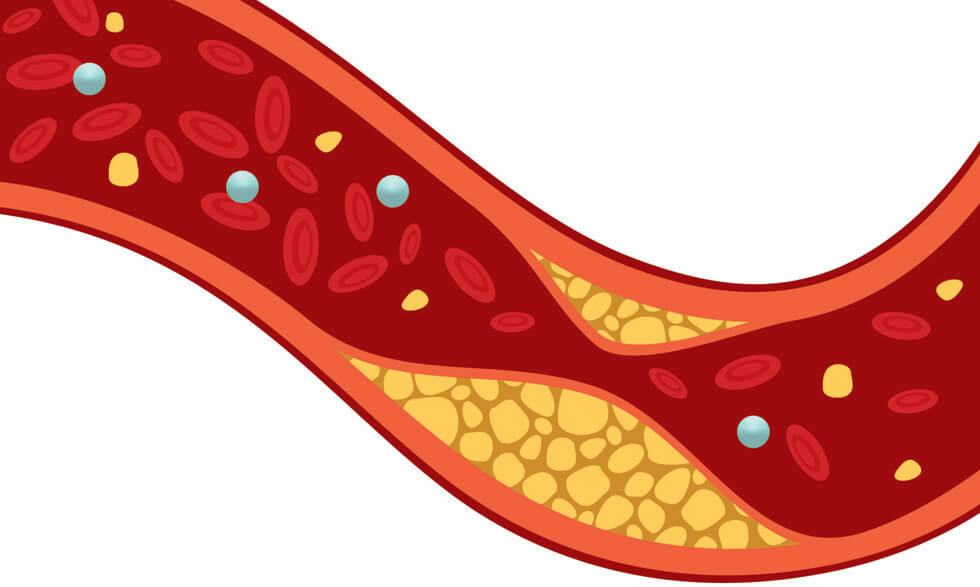Is Baby Powder/Talcum Powder Vagina/Ovary Poison? Juries say – Yes; Scientists say – Inconclusive/Maybe
What is talcum powder?
Talcum powder is made from talc, a mineral made up mainly of the elements magnesium, silicon, and oxygen. As a powder, it absorbs moisture well and helps cut down on friction, making it useful for keeping skin dry and helping to prevent rashes. It is widely used in cosmetic products such as baby powder and adult body and facial powders, as well as in a number of other consumer products.
In its natural form, some talc contains asbestos, a substance known to cause cancers in and around the lungs when inhaled.
In 1976, the Cosmetic, Toiletry, and Fragrances Association (CTFA), which is the trade association representing the cosmetic and personal care products industry, issued voluntary guidelines stating that all talc used in cosmetic products in the United States should be free from detectable amounts of asbestos according to their standards (the Trump administration has quietly discarded this guideline. It may or may not be reinstated in future administrations).
Most concerns about a possible link between talcum powder and cancer have been focused on:
· Whether people who have long-term exposure to talc particles at work, such as talc miners, are at higher risk of lung cancer from breathing them in.
· Whether women who apply talcum powder regularly in the genital area have an increased risk of ovarian cancer.
Keep Your Body Alkaline to reduce/prevent all forms of cancer.
Does talcum powder cause cancer?
When talking about whether or not talcum powder is linked to cancer, it is important to distinguish between talc that contains asbestos and talc that is asbestos-free. Talc that has asbestos is generally accepted as being able to cause cancer if it is inhaled. The evidence about asbestos-free talc is less clear.
Researchers use 2 main types of studies to try to figure out if a substance or exposure causes cancer.
Studies in the lab
Studies that exposed lab animals (rats, mice, and hamsters) to asbestos-free talc in various ways have had mixed results, with some showing tumor formation and others not finding any.
Studies in people Ovarian cancer
It has been suggested that talcum powder might cause cancer in the ovaries if the powder particles (applied to the genital area or on sanitary napkins, diaphragms, or condoms) were to travel through the vagina, uterus, and fallopian tubes to the ovary.
For any individual woman, if there is an increased risk, the overall increase is likely to very be small. Still, talc is widely used in many products, so it is important to determine if the increased risk is real. Research in this area continues.
Lung cancer
Some studies of talc miners and millers have suggested an increased risk of lung cancer and other respiratory diseases, while others have found no increase in lung cancer risk.
No increased risk of lung cancer has been reported with the use of cosmetic talcum powder.
Other cancers
Talc use has not been strongly linked to other cancers, although not all possible links with other cancers have been studied extensively.
Keep Your Body Alkaline to reduce/prevent all forms of cancer.
What expert agencies say
Several national and international agencies study substances in the environment to determine if they can cause cancer. (A substance that causes cancer or helps cancer grow is called a carcinogen.) The American Cancer Society looks to these organizations to evaluate the risks based on evidence from laboratory, animal, and human research studies.
The International Agency for Research on Cancer (IARC) is part of the World Health Organization (WHO). Its major goal is to identify causes of cancer.
· IARC classifies talc that contains asbestos as “carcinogenic to humans.”
· Based on the lack of data from human studies and on limited data in lab animal studies, IARC classifies inhaled talc not containing asbestos as “not classifiable as to carcinogenicity in humans.”
· Based on limited evidence from human studies of a link to ovarian cancer, IARC classifies the perineal (genital) use of talc-based body powder as “possibly carcinogenic to humans.”
Can I reduce my exposure to talcum powder?
It is not clear if consumer products containing talcum powder increase cancer risk. Studies of personal use of talcum powder have had mixed results, although there is some suggestion of a possible increase in ovarian cancer risk. There is very little evidence at this time that any other forms of cancer are linked with consumer use of talcum powder.
Until more information is available, people concerned about using talcum powder may want to avoid or limit their use of consumer products that contain it.



